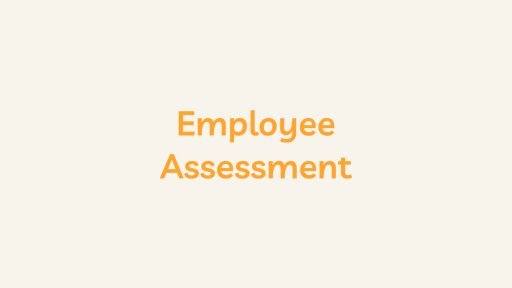What is an Employee Recognition?
Employee recognition refers to acknowledging and rewarding employees for their contributions, achievements, and efforts in the workplace. It is an essential aspect of employee engagement and motivation, and it can significantly impact employee satisfaction, retention, and productivity. In this article, we’ll discuss the importance of employee recognition and some effective ways to recognize and reward employees.
Importance of Employee Recognition
Employee recognition can provide several benefits to an organization, including:
- Boosting Employee Motivation: Employees who feel recognized and appreciated for their work are more likely to feel motivated to perform at their best.
- Improving Employee Retention: Employees who feel recognized and valued are less likely to leave the organization, which can help to reduce turnover and save costs associated with recruitment and training.
- Enhancing Team Morale: Recognizing individual and team accomplishments can foster a positive and supportive work environment, improving team morale and collaboration.
- Improving Organizational Performance: Employees who feel recognized and motivated are more likely to be productive and contribute to the organization’s success.
Effective Ways to Recognize and Reward Employees
There are several ways to recognize and reward employees, including:
- Verbal Recognition: Simply thanking employees for their contributions and acknowledging their efforts can go a long way in boosting employee morale and motivation.
- Written Recognition: Sending employees an email or handwritten note to acknowledge their contributions and achievements can be a meaningful way to recognize their efforts.
- Employee Awards: Instituting an awards program to recognize employees for outstanding performance or achievements can provide motivation and recognition to high-performing employees.
- Public Recognition: Announcing employee accomplishments in a staff meeting or company newsletter can provide public recognition and appreciation for an employee’s efforts.
- Performance-Based Incentives: Offering bonuses or other incentives to employees who exceed performance expectations can provide motivation and recognition for high performers.
- Professional Development Opportunities: Offering training and career development opportunities can demonstrate a commitment to employee growth and recognition of their potential.
In conclusion, employee recognition is essential to employee engagement and motivation. By recognizing and rewarding employees for their contributions and achievements, organizations can improve employee satisfaction, retention, and productivity and foster a positive and supportive work environment.





